Lab-grown neurons showcase effects of autism mutations
Neurons derived from people with mutations linked to autism display diverse abnormalities that may help explain the origins of these individuals’ features.
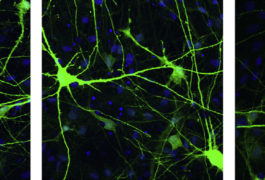
Neurons derived from people with mutations linked to autism display diverse abnormalities that may help explain the origins of these individuals’ features.

Nine U.S. clinics are pooling their data to create a registry of people who have an extra copy of a region on chromosome 15 called 15q11-13, a genetic abnormality often found in people with autism.
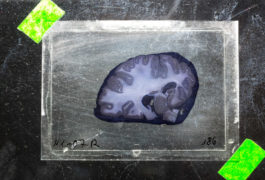
New initiatives aim to increase brain donations for autism research and maximize what scientists can learn from these precious specimens.
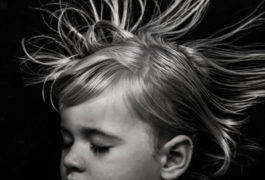
Behavioral interventions and medications can help children with autism-related syndromes sleep better, but the treatments must be tailored to the cause of each child’s sleep disturbance.
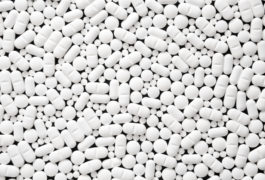
A drug that keeps neurons bathed in the chemical messenger serotonin prevents social abnormalities in a mouse model of dup15q syndrome.
Paternal age drives ‘geek index’ scores, GWAS may have a big weakness, serotonin boosts mouse social behaviors, and what is science Tinder?
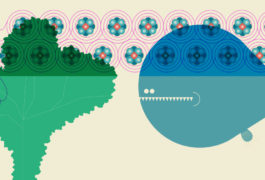
The landscape of chemical modifications on the DNA of people with autism could reveal clues to the condition and lead to treatments.
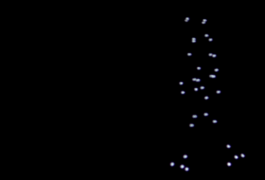
Children with autism are often clumsy, physically awkward or uncoordinated. This understudied and nearly ubiquitous feature has researchers contemplating a new idea: Could motor problems be one source of autism’s social difficulties?
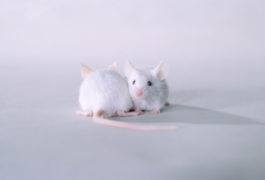
Having too many copies of an autism gene called UBE3A mutes a brain region that may mediate the satisfaction a person derives from social interactions.
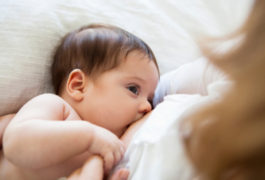
One week of treatment with the hormone oxytocin improves social skills and feeding in infants with Prader-Willi syndrome.